In my head, Gotham Knights has one perfect ending. Bruce Wayne returns from the dead, as he inevitably will, to discover the Bat Family has moved on from the vigilante life: Barbara Gordon is mass-manufacturing the chip that lets her walk again, Dick Grayson runs his own private security company, and Jason Todd designs hats for people with square heads. And Tim Drake? He’s gone full crypto bro, frittered away his inheritance on NFTs, and is using the former Bat Signal to project a poorly drawn chimpanzee into Gotham’s night skies.
That may be wishful thinking on my part, though I’m 99% sure that Batman is going to turn up at the end of the game. However, whether he’s dead or not, Gotham Knights has the opportunity to put Batman’s life and legacy under the microscope, to re-examine his impact on not just Gotham but those he’s recruited into his questionable crusade. I’m not going to resurrect the “Batman should have spent his billions ‘fixing’ Gotham” argument, but I am going to drag Doctor Who into the mix.
There’s a great moment in “Journey’s End,” the finale of the “new” Who’s fourth season, where Davros takes the Doctor to task over his companions:
“The man who abhors violence. Never carrying a gun. But this is the truth, Doctor. You take ordinary people and you fashion them into weapons. Behold your Children of Time transformed into murderers. I made the Daleks, Doctor. You made this.”
It’s clear this hits the Doctor hard, as he reflects on the way he’s changed those people’s lives. But Batman? I doubt he’d give it even a second’s thought. The Bat Family (mostly) isn’t in the habit of straight-up murdering people, but Batman has still weaponized them in his war against crime.
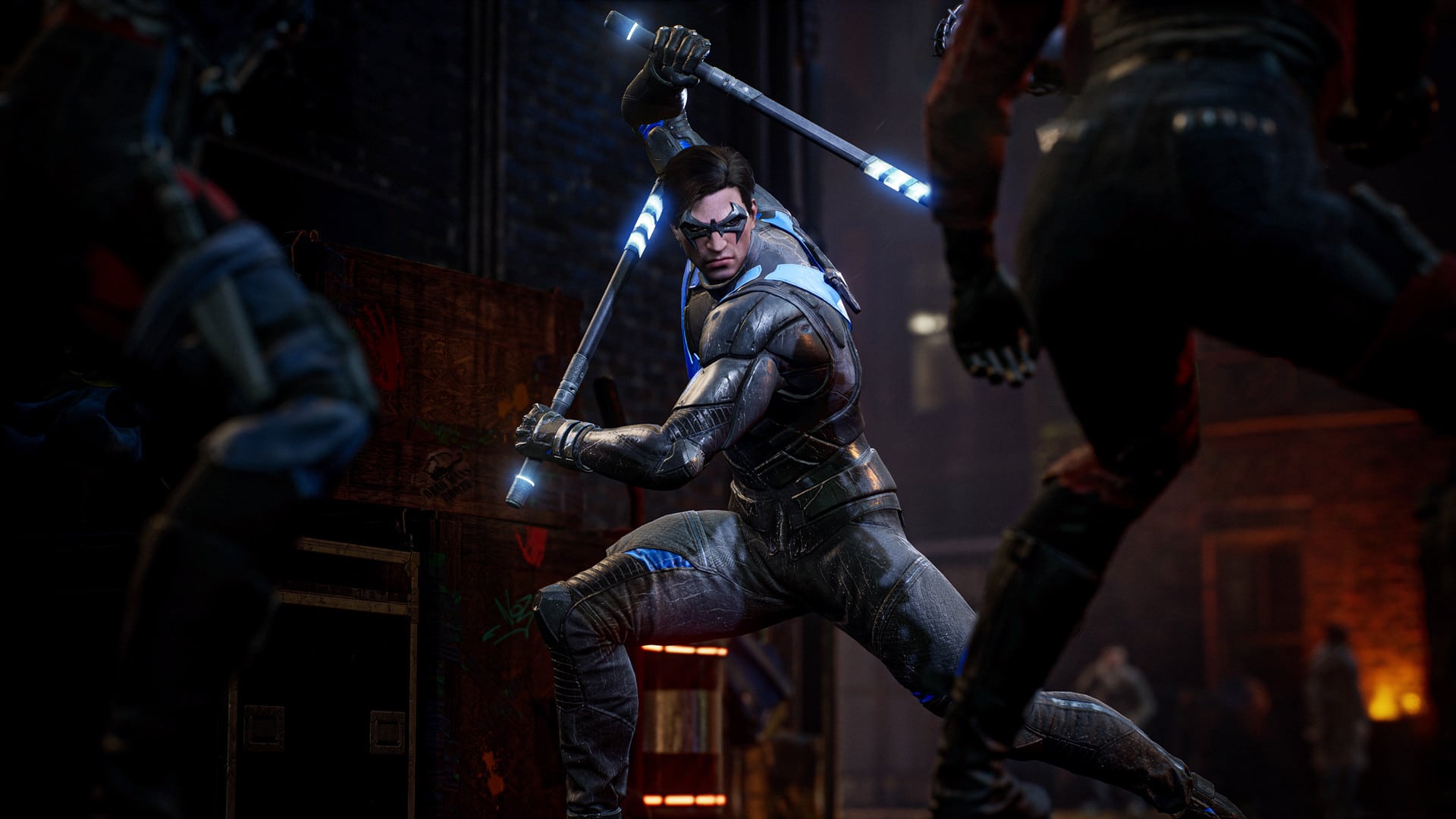
It’s not clear just how much Gotham Knights’ universe will have in common with the comics, though official information confirms that Barbara Gordon was crippled and Jason Todd was killed as part of Batman’s war on crime. You can bet the other two have taken more than a few punches and the odd bullet as well. Occasionally, in the comics, some members of the Bat Family have briefly been benched, but they’ve gone on to return to active duty.
According to the Gotham Knights site, “Batman was a mentor of the highest caliber who personified the type of man Tim (Drake) hopes to become.” It’s true that Bruce Wayne saw the anger in Dick Grayson / Nightwing, but instead of helping him through it the traditional way, or referring him to someone who could help, he turned him into a child soldier. And when Grayson finally got his revenge, did Batman cut him loose? No.
Did Wayne force Dick Grayson in the war against crime? Technically no, but when you’re Batman you don’t need to. Most comics paint him, in his Batman guise at least, as having a forceful, dominant personality, expecting absolute compliance from those he works with.
The message Bruce Wayne leaves, directing the Bat Family from beyond the grave, underlines his warped worldview that he’s all that’s preventing Gotham’s downfall. Is there some plot against the city? Possibly. Are there other agencies and, potentially, superheroes with actual powers that could handle such a crisis? Almost certainly. But instead, Batman chooses to entrust whatever information he’s gathered to those he’s personally trained.
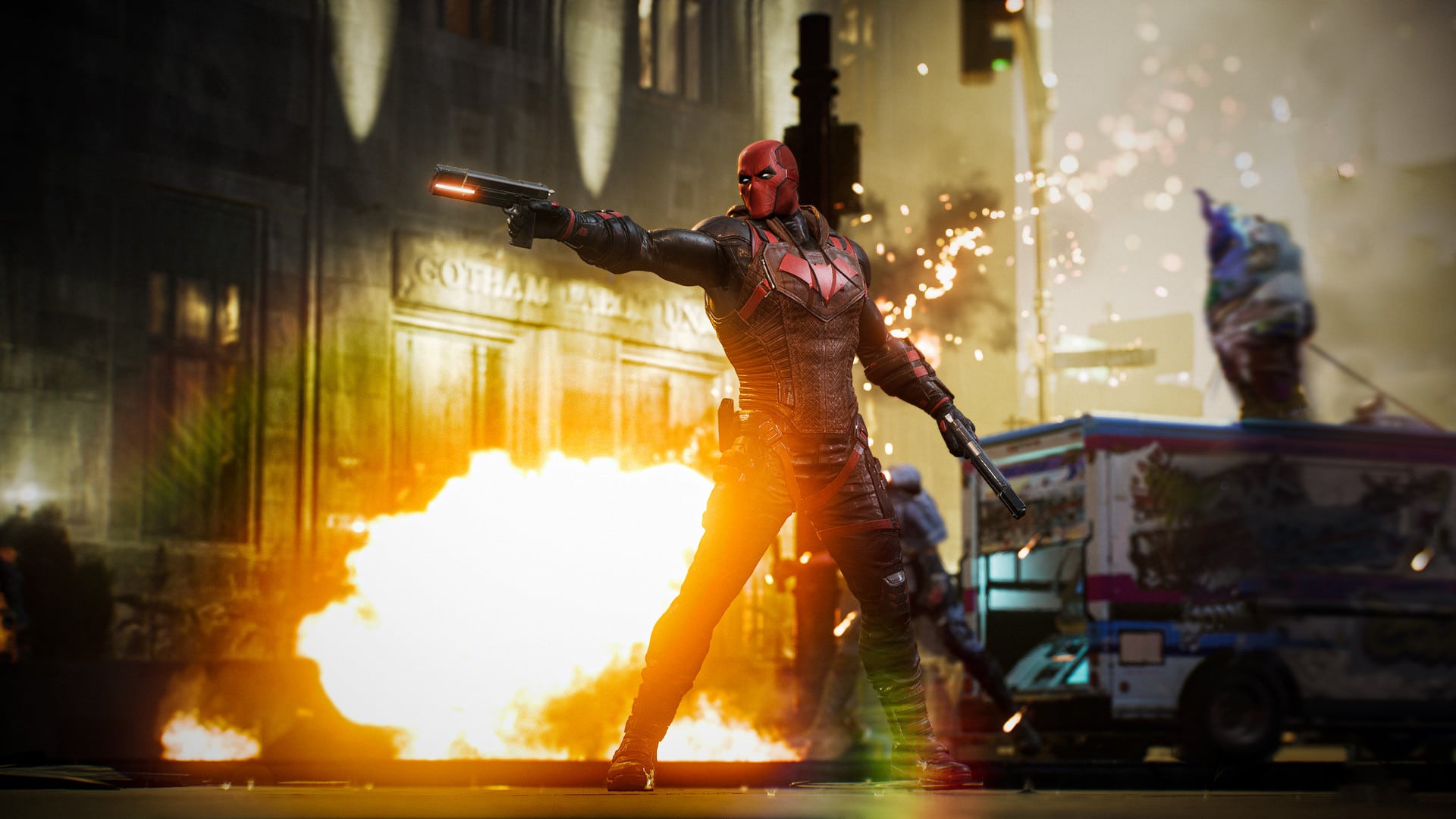
To the casual observer it may appear that Batman is being arrogant, but it’s more likely that he’s absolutely convinced he’s right. It’s not just a matter of ego. His conviction is absolute to the point where weaponizing teenagers isn’t extreme; it’s a legitimate, perhaps even prudent, tactic in his war on crime.
But video message or not, what happens when a commanding personality like this is no longer in the picture? You have an opportunity to re-examine their actions, the impact they had on those around them — their whole legacy. And sometimes, when that whole “don’t speak ill of the dead” period is over, the skeletons start tumbling out of the closet.
I absolutely don’t expect Gotham Knights to dump its baddie-bashing, Gotham-protecting antics in favor of several solid hours of discussion and moral debate; that would be commercial suicide. Even Telltale’s Batman, which did examine the cost of Batman’s “adventures” to a small extent, threw in plenty of fighting.
But I hope that, between rounds of punching, WB Games Montréal has added at least a little introspection. For example, Jason Todd seems like he’d be the first person to call Batman’s no-kill policy into question, particularly when it was, in a roundabout way, what got him killed.
The Joker is one obvious example, but how many people died because Batman let criminals live and, in some cases, actually saved their lives? A DC-published take on the topic features this Bat Quote: “If I allow myself to go down into that place… I’ll never come back.”
As reasoning goes, it’s more than a little selfish. Yes, the children of several hundred Gotham security guards have to grow up without their parents, but the name of Batman remains untarnished.
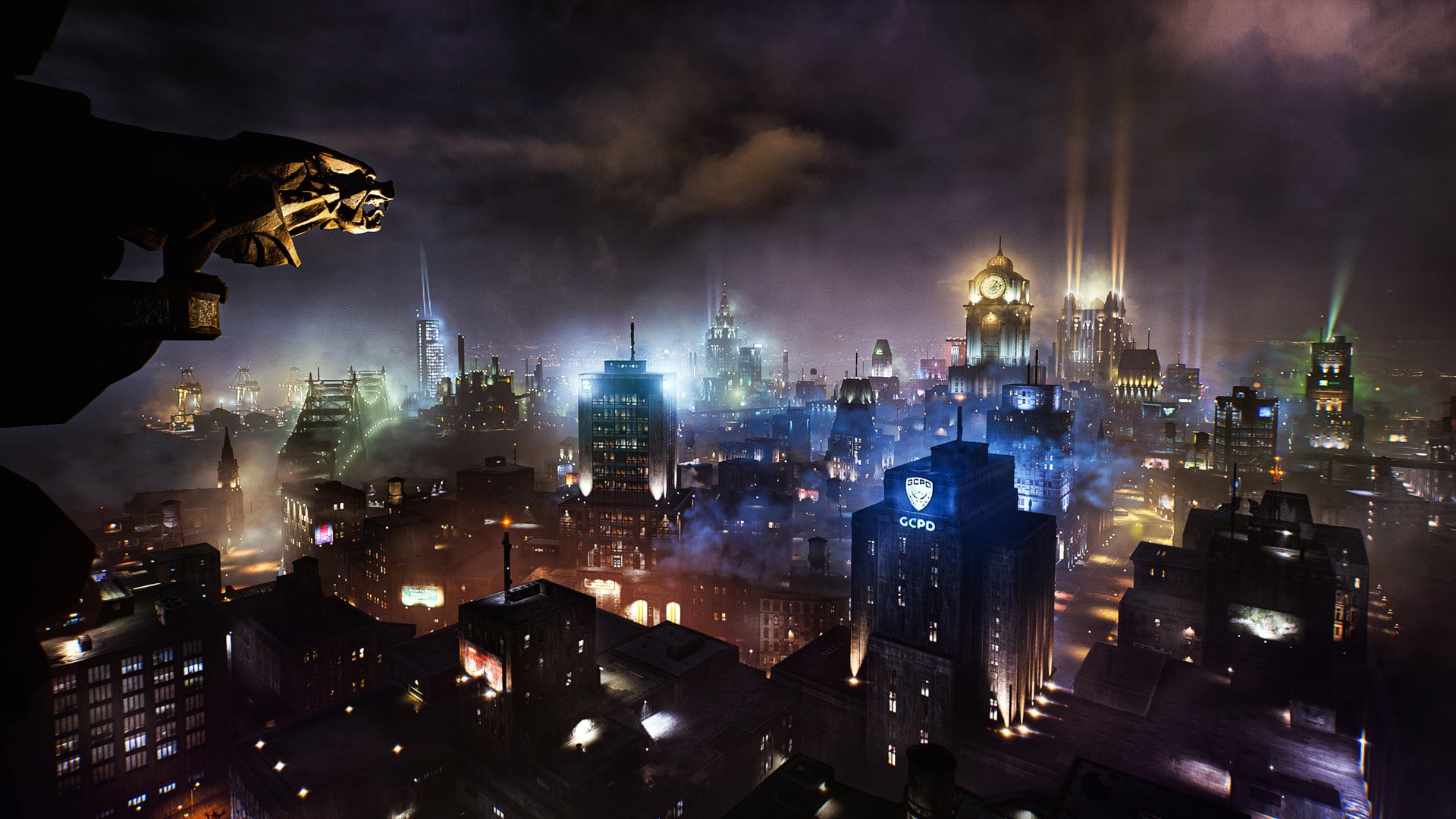
If Bruce Wayne is that close to going on a neck-snapping spree, maybe he’s not the best person to pass judgement on Gotham. And now he’s “gone,” so who’s to say that the Bat Family couldn’t handle killing Gotham’s most persistent, costume-clad offenders? Or, at the very least, dropping them off in a place with a death penalty? That’s just one of the thorny topics Gotham Knights could address.
Then there’s Tim Drake, youngest of the Bat Family. The website doesn’t specify his age for this game, but with Batman having dragged him into his war, I’d like to see him step back and reflect on the kind of person he really was, that spending time with the Bat Family will give him a chance to ask if this is the future he really wants.
Batman’s approval, spoken or implied, has often been the glue that held the four together, even from several cities away. Cult of personality might be a more appropriate term than Bat Family. The memory of his vigilantism shouldn’t be enough to carry the whole game, ending on a fuzzy “It’s what he would have wanted.”
Rather, the game should answer — what do they want? Batman Black and White #6 has a character describe Batman as “an addict looking for his fix of righteousness,” and with him out of the picture, it’s the perfect opportunity to examine whether that desire runs in their veins. Is Batman’s legacy really a safer Gotham? Or is it creating four individuals who, unless something changes, are doomed to follow in the footsteps of a deeply damaged man?
With Batman dead (even temporarily), it’d be criminal if Gotham Knights didn’t ask at least a few uncomfortable questions. DC seems more inclined than Marvel to allow that kind of character post-mortem, so I hope it’s got the guts to deliver.

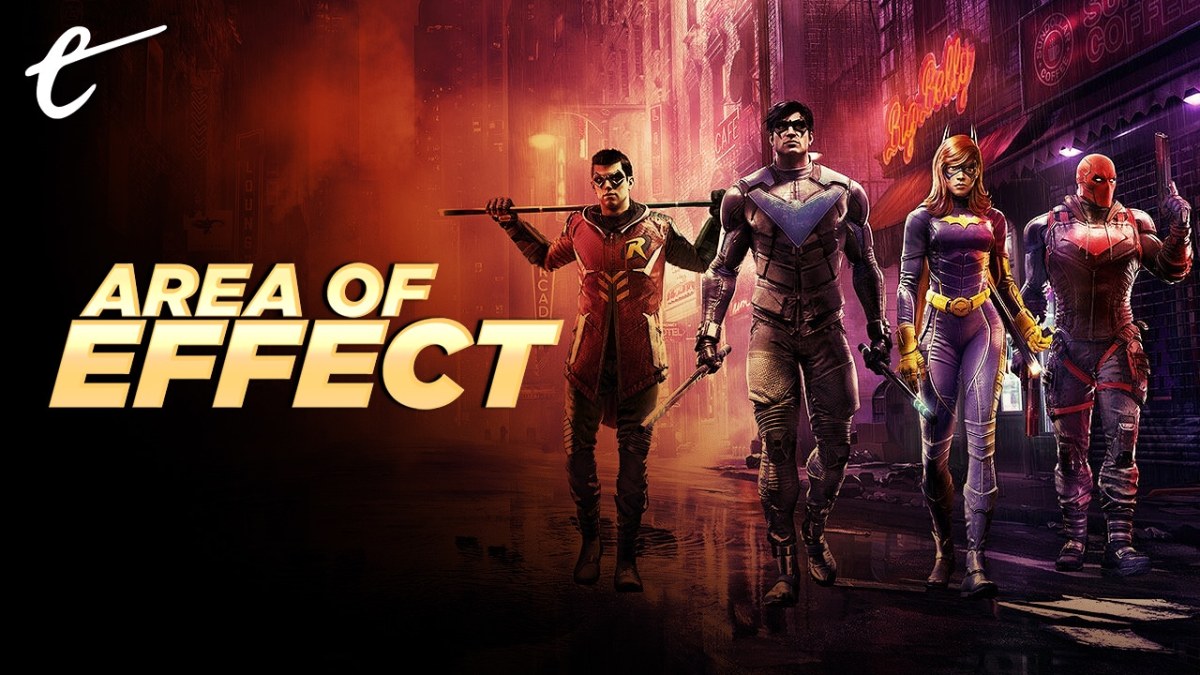
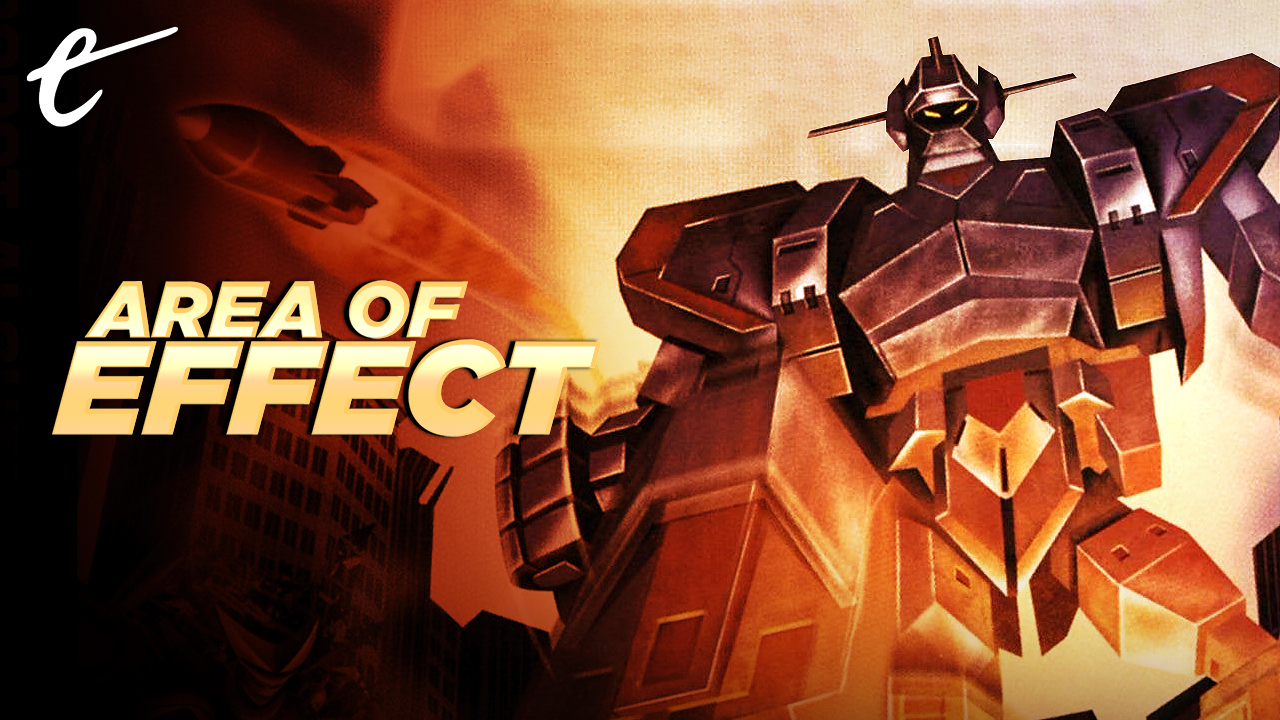

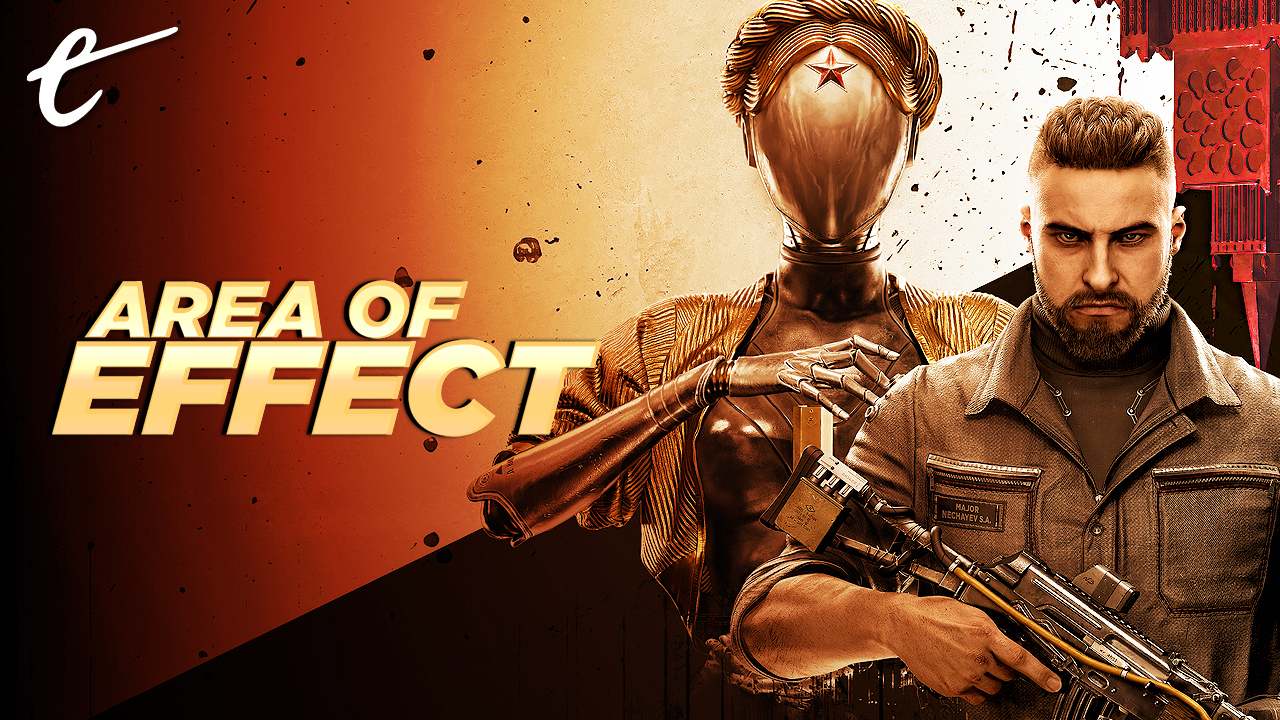

Published: May 17, 2022 11:00 am